Campaign Details
Mission: The Cape Fear Parrot Sanctuary (CFPS) rescues, rehabilitates, and cares for parrots who are unwanted, abused, neglected, or whose owners can no longer care for them. CFPS is committed to providing a permanent refuge and a lifelong, healthy habitat for these parrots.
Vision: The vision of CFPS is to build large scale aviaries on land in southeastern North Carolina where parrots in residence can live out their natural lives in environments where they can fly and socialize with other birds.
Need for a Sanctuary: Parrots are social animals who live in flocks in their native habitats. Over millennia they have developed plumage and distinctive calls to attract others of their species, and they have elaborate family structures. Many of these birds mate for life, and they are an integral part of the ecosystems in which they live. Because of their beauty, they have been "collected" and bred and traded for many thousands of years.
Today parrots are the fourth most popular pet in America, behind dogs, cats and freshwater fish. Consumers purchase these animals for various reasons: as companions for children, to replace animals that they have lost, to take up a hobby. Stories of parrots aboard pirate ships are legion in children's literature, and what child hasn't wanted a swear-talking bird on a perch in his bedroom? Popular movies and books can create demand for birds as pets.
Sales of birds in the parrot family (macaws, Amazons, cockatiels, parakeets, and others in this 350 member family) skyrocketed in the United States after the passage in 1992 of the Wild Bird Conservation Act. The bill made it illegal to import most wild-caught parrots into the U.S. The result was good for conservation, but bird breeders quickly saw a financial opportunity, and "parrot mills" sprouted around the country. At peak production, over 750,000 parrots were born in these facilities and sold to pet stores and other markets every year.
How many parrots live in captivity in this country? Studies range from 8 million to 16 million, not counting parrots in shelters, breeding facilities, zoos and sanctuaries (millions more). Pet owners come in many stripes, and many bird owners take good care of their animals.
However, because these birds are as intelligent and as emotionally complex as chimpanzees and dolphins, they demand a high level of care from owners. Many parrots in the U.S. are doomed to a revolving door existence, returning to pet stores or veterinaries or sanctuaries in less than two years after they are purchased. For an animal who lives to be 60, a typical parrot could have as many as 25-30 owners in its lifetime.
The Cape Fear Parrot Sanctuary exists to address this problem. An aviarian environment in southeastern North Carolina will be the best place for birds who have been "re-homed" numerous times and who are clearly not suitable for home environments. In uncrowded conditions they can fly, be outdoors, resume relationships with other members of their species, and live out their lives naturally. No other facility exists in North Carolina to support these animals.
Who we are: The Cape Fear Parrot Sanctuary was founded in 2013 by Ces Erdman, a Wilmington native and bird lover. With his first hand-raised cockatiel at age three, he developed an affinity for birds of the parrot family. His parents encouraged his interest and he helped them with a "bird sitting" business until he left home for college.
In 2006, Erdman returned to Wilmington and resumed his hobby of caring for birds. He organized other bird owners and created the Cape Fear Bird Club (renamed in 2011 as the Cape Fear Parrot Club). Several hundred bird lovers from southeastern North Carolina have participated in meetings, trade shows and educational activities sponsored or organized by the Club. Today the club has a mailing list of over 200 individuals.
The Board of Directors governs the organization. They are:
Ces Erdman, President
Heidi Young, Vice President
Alan Smith, Treasurer
Charlotte Almada, Secretary
Shannon MacKay
The Cape Fear Parrot Sanctuary is a 501(c)(3) non-profit organization.
For more information:
Ces Erdman
Cape Fear Parrot Sanctuary, Director
6515 Old Fort Road
Wilmington, NC 28411
910-471-2186
cesnc1978@hotmail.com
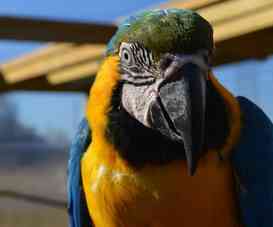




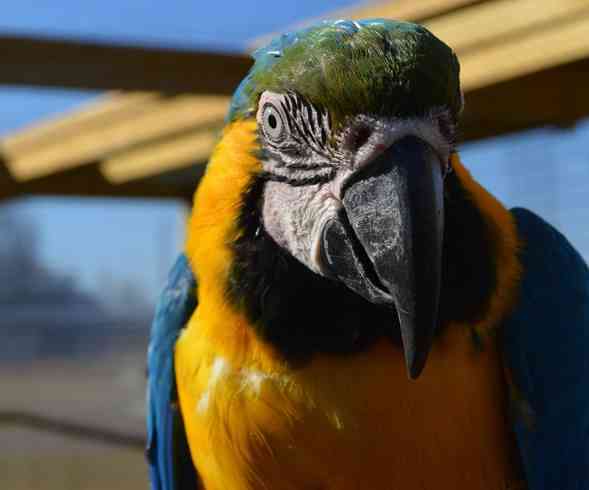
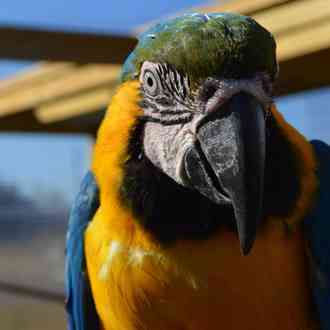
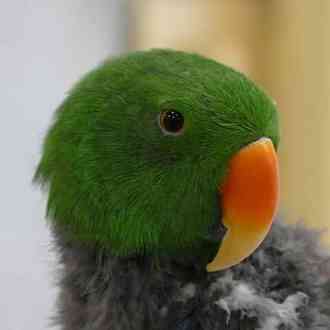
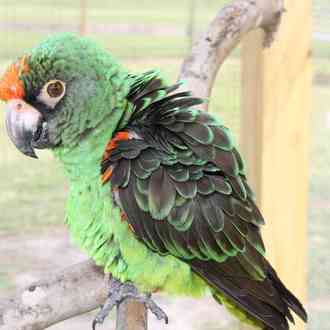
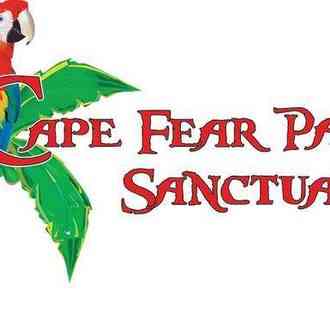
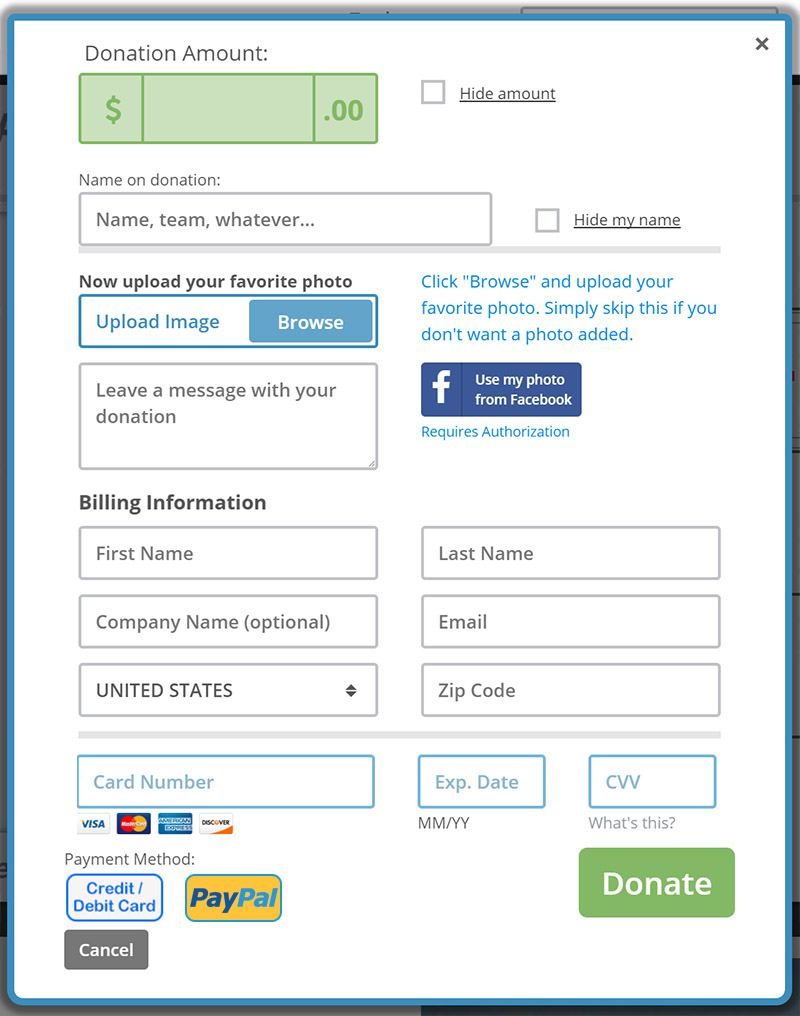


 Make a donation
Make a donation
 Share on Facebook
Share on Facebook 
 Tweet your followers
Tweet your followers  Email your friends
Email your friends 
